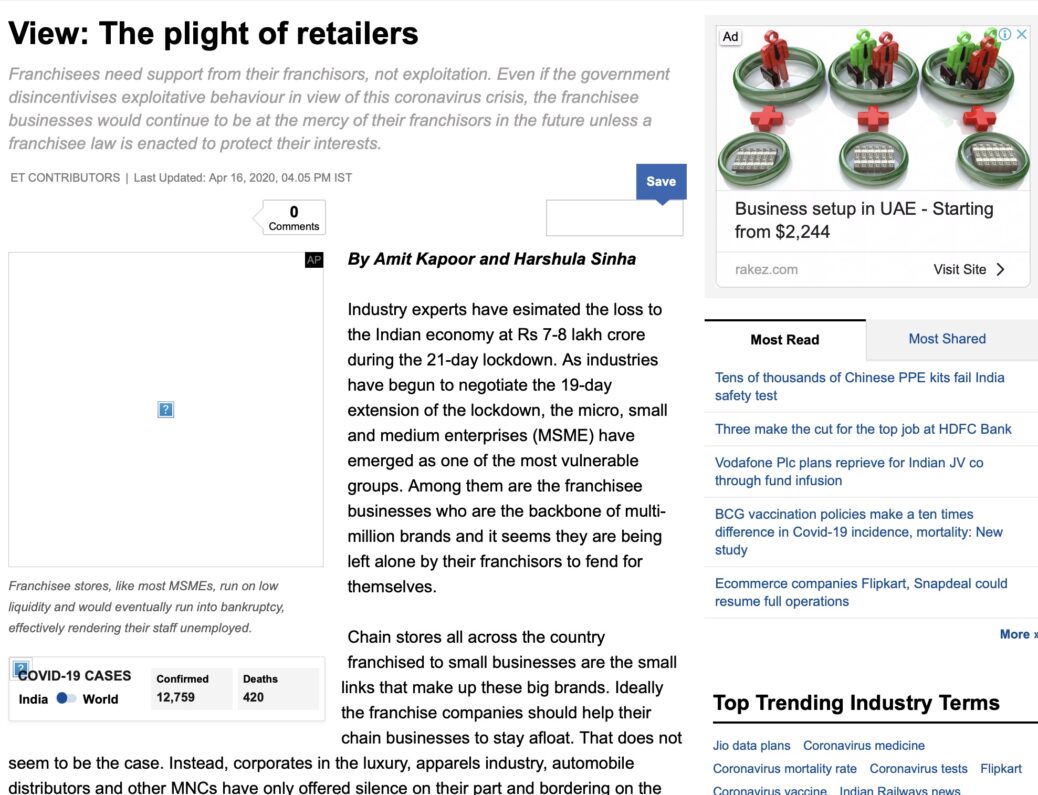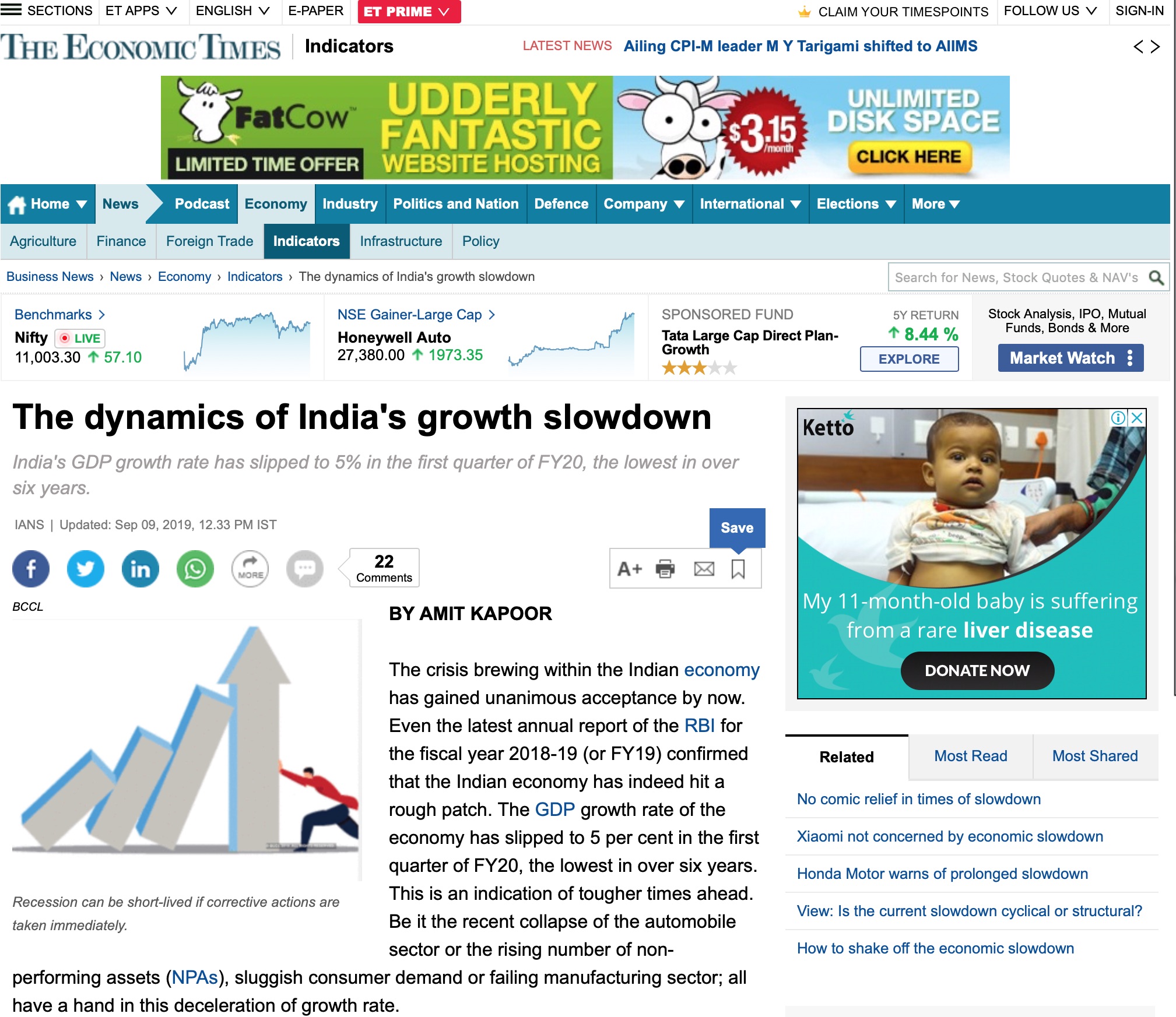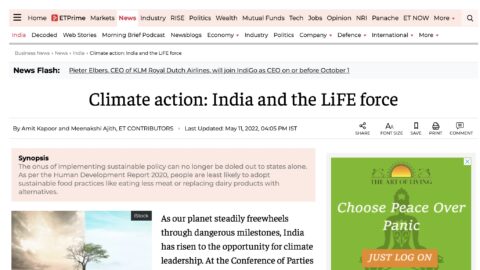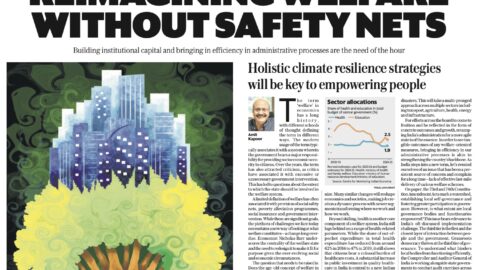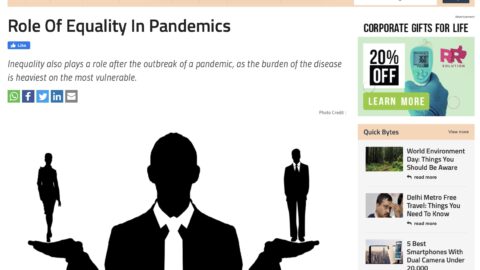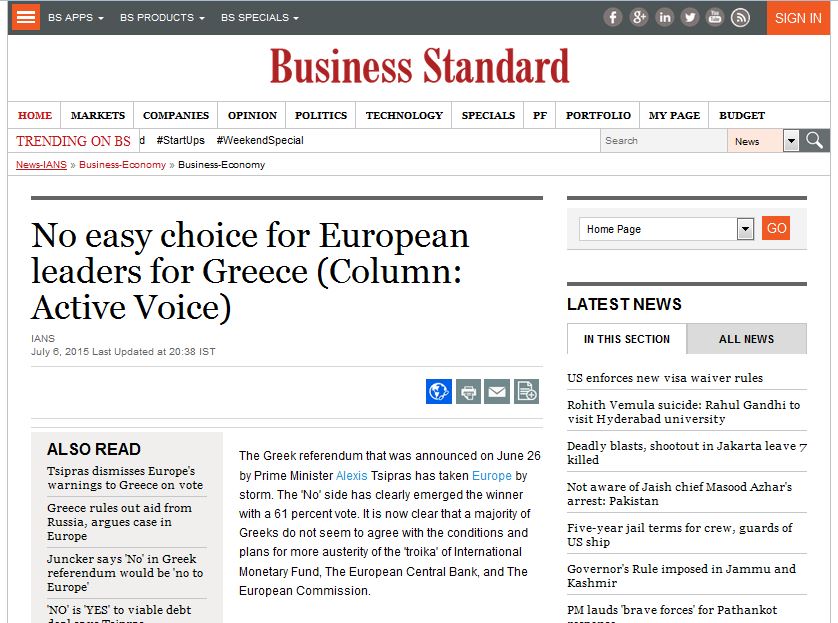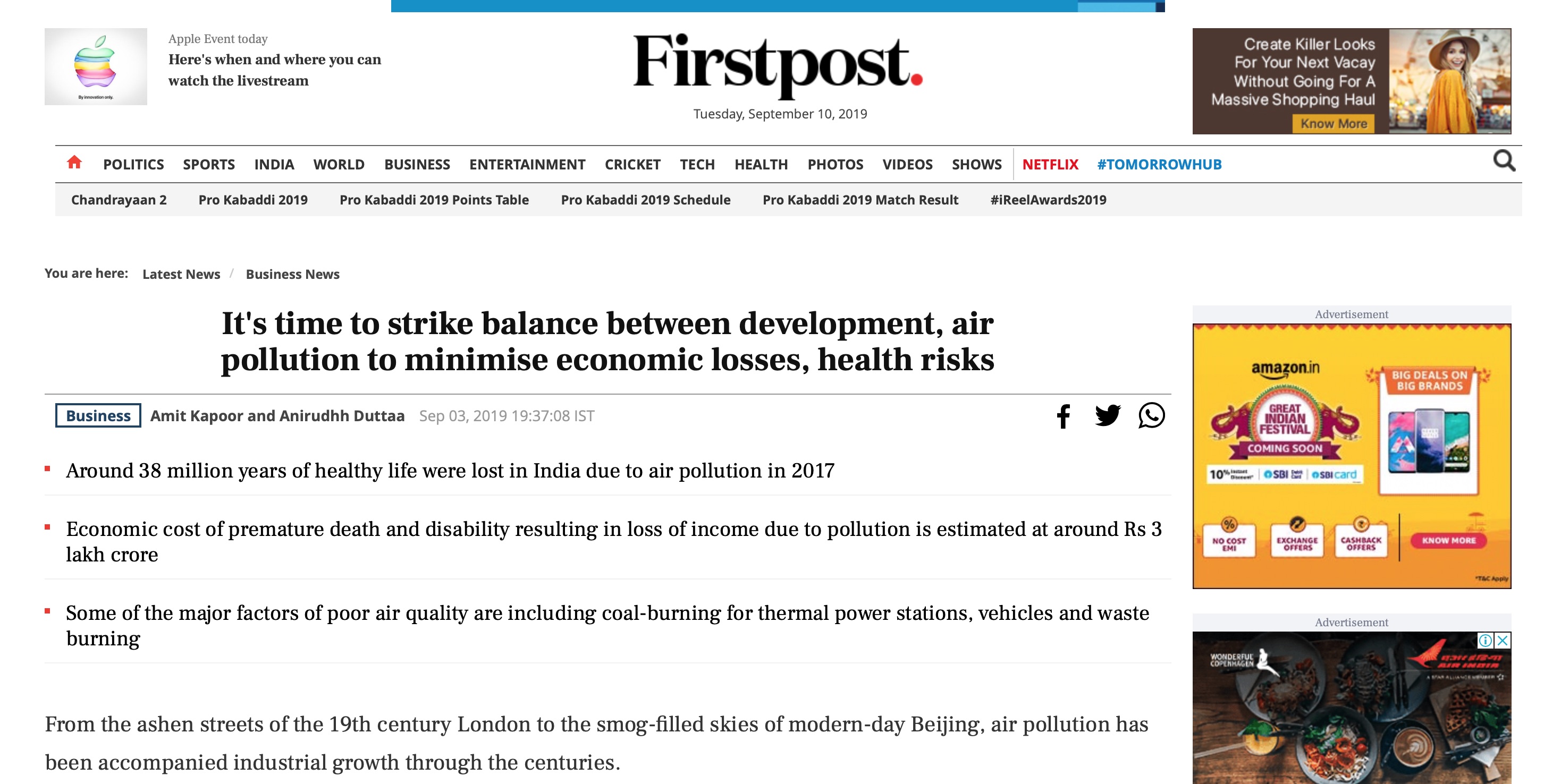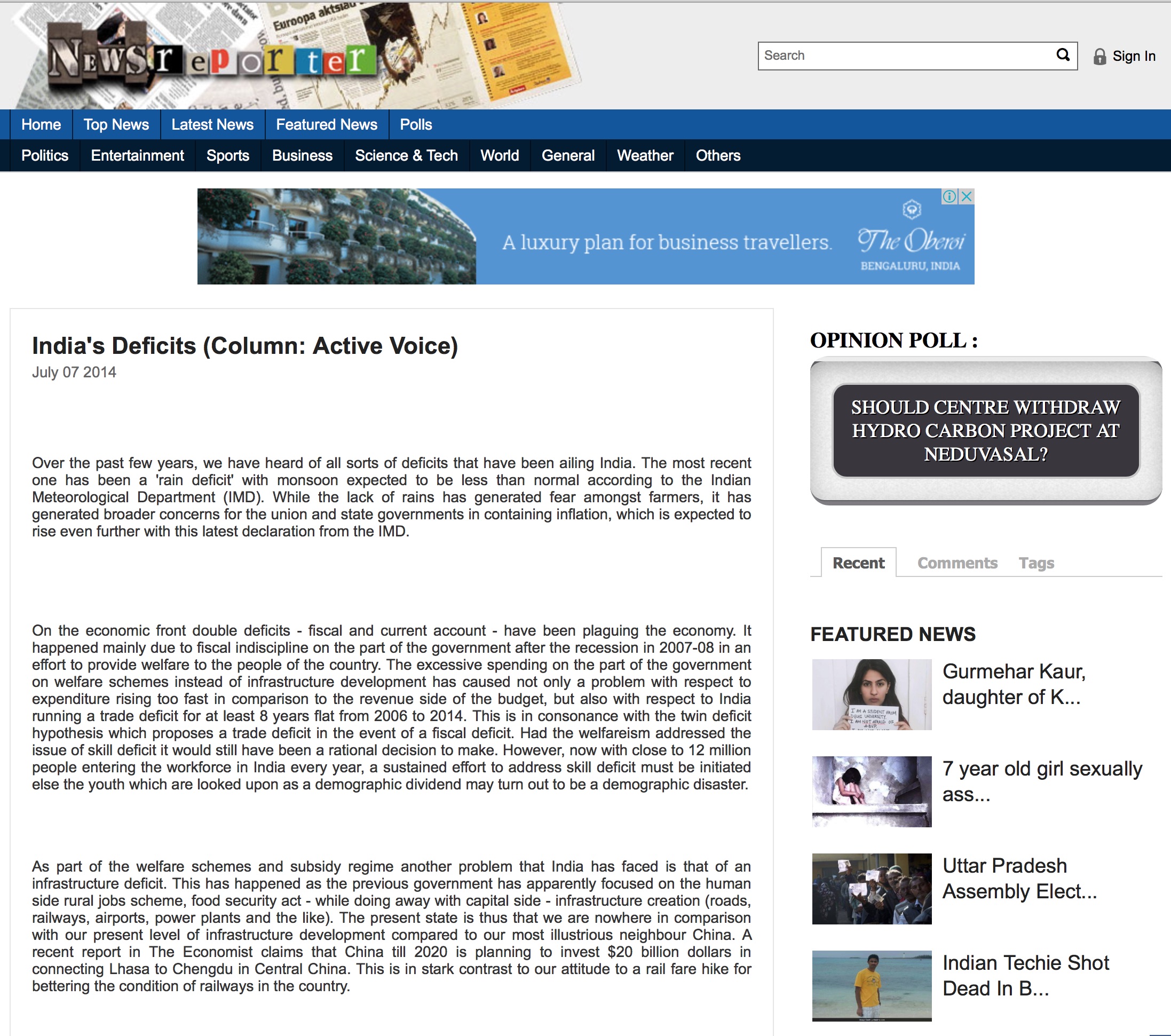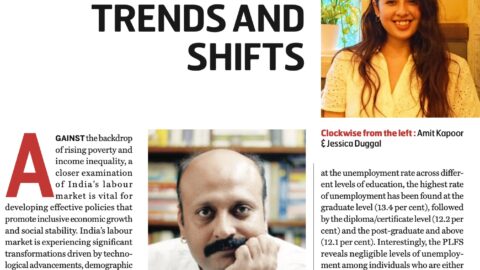Franchisees need support from their franchisors, not exploitation. Even if the government disincentivises exploitative behaviour in view of this coronavirus crisis, the franchisee businesses would continue to be at the mercy of their franchisors in the future unless a franchisee law is enacted to protect their interests.
The industry experts have approximated the loss to the Indian economy at Rs 7-8 lakh crore during the 21-day lockdown. As the industries brace themselves for the 19-day extension to the lockdown, the micro, small and medium enterprises (MSME) have emerged as one of the most vulnerable groups. Among them are the franchisee businesses who are the backbone of multi-million brands and it seems they are being left alone by their franchisors to fend for themselves.
Chain stores all across the country franchised to small businesses are the small links that make up these big brands. Ideally the franchise companies should help their chain businesses to stay afloat. That does not seem to be the case. Instead, corporates in the luxury, apparels industry, automobile distributors and other MNCs have only offered silence on their part and bordering on the edge of exploitation. The franchisees are vulnerable to the whims of their corporates because of the nature of relationship between the two. A franchisee business is, which gives a lot of room for the franchisors to abuse their power on.
Thus, between the government directing companies to pay full wages to employees and the big brands trying to retain their market share vis-à-vis their competitors in anticipation of the post-lockdown economic revival, the brand outlets would be the ones getting the short end of the stick, who would have to comply with both the government orders and their franchisors’ instructions. They are the ones to whom monetary support is withheld in order to strengthen the company’s liquidity position. Being left on their own to survive despite being a crucial link in the value chain, is a disservice to these distributors and imprudent on part of the franchisors. These businesses solely rely on sales and have no control over their profits, nor any control over the market. They are simply one of the many distributors for the franchise and thus operate on a small scale. On the other hand, these industry giants will wade through the catastrophe sitting on their huge reserves and get revived by way of possible bailout packages by the government, while their franchisee businesses have to incur the mandatory cost of staff salaries and other fixed expenses like store rent, interest on borrowed capital, security expenses, electricity charges etc, in the meanwhile. Seeing the whole picture, it wouldn’t be fair that the big corporates receive financial assistance from the government when they are leaving their franchisee stores to survive on their own.
Like many other MSMEs that have had to shut shop permanently thereby leaving many unemployed, the franchisee stores also run on low liquidity and would eventually run into bankruptcy, thus effectively rendering its staff unemployed. In a country like India where entrepreneurship culture has only gained momentum recently, coupled with the perpetual lack of adequate employment opportunities, the setback to the small businesses would have several irreversible consequences; it would snuff out not only the small startups but also the decades-old small businesses who cannot come back up from this situation. Since they are a vital source of employment, this would further aggravate the employment shortage in the economy leading to inevitable drop in aggregate demand and its domino effect would be felt on every aspect of the economy. Thus, the companies’ behaviour at this point clearly decides the future course of action.
It would not be wrong to say that the Covid-19 pandemic has brought the issues within the existing capitalist order out in the open.
There are also companies who have readjusted their business practices to contribute in some way to tackle the crisis. Many have stepped up efforts to ensure that their business ecosystems survive the blow by assisting small enterprises who are part of their value chain. So, at this point, it is a question of differentiating between good capitalism and bad capitalism, and what the companies want to reflect in their behaviour. The businesses helping out at this time demonstrate the idea of shared value. Capitalism is undergoing its own crisis of faith within the larger health and economic crisis, and if it wants to survive, businesses should embrace the idea of shared value. In other words, the businesses’ practices should not only expand profits but also benefit the society in the process. While it has been long overdue, capitalism now really needs a reimagination- a shift from blind profit-seeking to shared value creation. And the pandemic can either be used as an opportunity to make that shift or be proved as the death-knell for capitalism.
During this time when many industries are on the verge of collapse, corporates could demonstrate shared value by setting aside investor interests and stepping beyond the mandatory threshold of CSR activities to support the business ecosystem. It is the moral responsibility of these industry giants to financially support their distributors so they are able to come out on the other side of this pandemic. At a time when the government’s hands are tied trying to save lives as well as save the economy, in the latter case, the government should extend support to only the MSMEs. The corporates have enough financial strength to take the blow, and are even capable of supplementing the government efforts by helping out their franchisee stores. In fact, strict action should be taken on those who are allowing their retail outlets, many of whom have been in the business for decades, to shut shop. It is the obligation of corporates to support their distributors who have brought them to the heights they are at now, and the defaulters should be penalised to the extent of 10 years’ profits.
If unethical practices in this crisis are given free pass, the economy would have to pay an even bigger price when the pandemic is over. The immediate result of such unethical practices is the closing down of small enterprises but it has other far-reaching impact on the society as a whole. It strikes at the small enterprises’ faith in their ability to compete in the market, and hence evokes questions about the ethics in capitalism. If the more vulnerable are forced to open the outlets and endanger their lives while the top brass gets to stay home safe, does it not reflect a hierarchical system within capitalism that benefits a few at the expense of the vulnerable? It is the businesses’ response to the economic crisis that would determine the answer.
Even if the government disincentivises exploitative behaviour in view of this crisis, the franchisee businesses would continue to be at the mercy of their franchisors in the future unless a franchisee law is enacted to protect the interests of these small businesses. Even after the pandemic, it would take a long time and assistance for many enterprises to get back on track. The retail businesses in the non-essential industry are believed to take around a year to revive post the Covid-19 pandemic as per industry experts. To assist their retail outlets and showrooms, corporates should increase their margins or reduce shared debts, or take other measures that take off some of the financial burden of the small enterprises. While one can hope that companies readjust their business practices and adopt the idea of shared value, without a new law, the exploitative and unethical activities would continue unchecked. The unequal relationship between the franchisor and the franchisee would continue to allow the corporates to arm-twist the small businesses to serve their interest at any cost. After all, the pandemic has only exposed the exploitation of the smaller businesses that has always existed in the franchisor-franchisee relationship. Thus, a law is crucial to protect the franchisee businesses from further exploitation in the future.
The article was published with Economic Times on April 16, 2020

